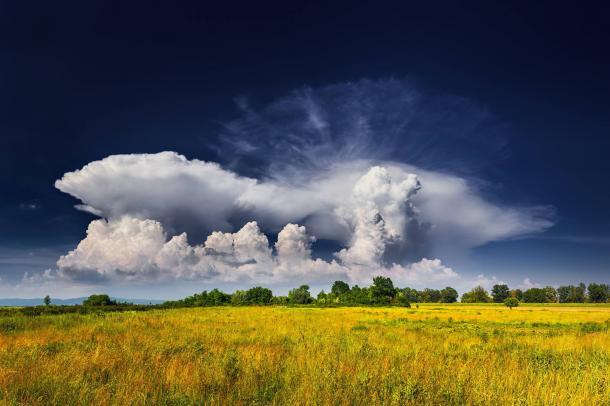Climate smart

Developing climate services and increasing the number of professionals and students trained in meteorology and climatology is one step in creating climate-smart societies. In developing and emerging countries, climate data are often of poor quality and do not meet the prerequisites for the provision of climate services for decision-makers. WMO projects are restructuring science curricula to align with current and future needs in the these regions, and developing more effective communication channels so that decision-makers –farmers, health, water and other professionals, politicians – receive the climate services they need.
Agriculture is one of the most climate-sensitive areas. Droughts, slow onset climate events, have claimed millions of lives. Climate services and climate science form are important components of early warnings systems for famine. Agroclimatologists provide outlooks to farmers on six to eight months ahead and with shorter lead times as the seasons approach then start. Climate-smart farmers use such information to decide what seeds to plant, when best to plant, whether irrigation will be required, when best to harvest and to make other important decisions.
WMO helps its Members to monitor the Earth’s climate on a global scale so that reliable information is available to support evidence-based decision-making on how to best adapt to a changing climate and manage risks associated with climate variability and extremes. Climate information is essential for monitoring the success of efforts to reduce greenhouse gas emissions that contribute to climate change, as well as for promoting efforts to increase energy efficiency and to transition to a carbon-neutral economy.

